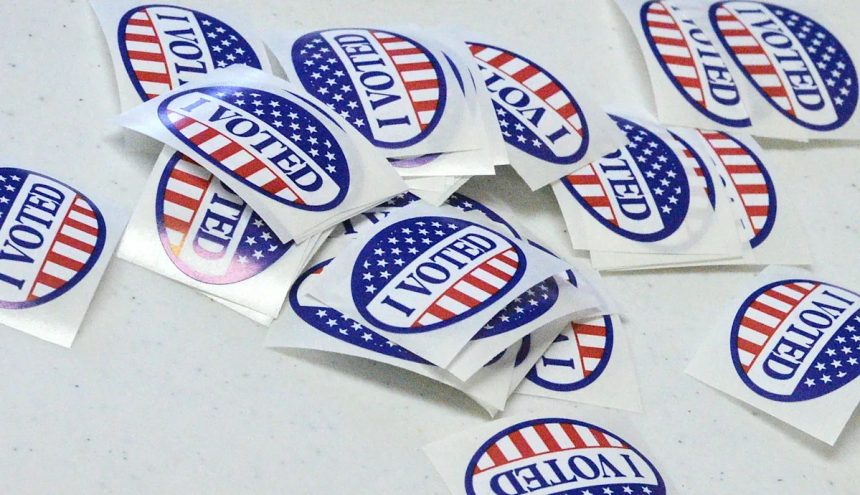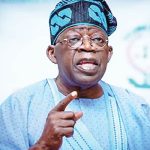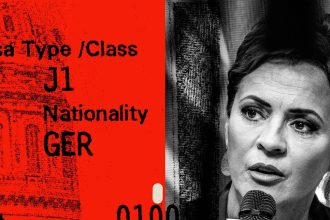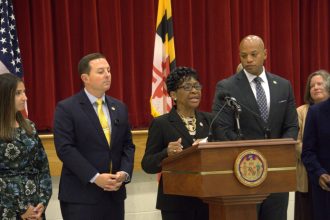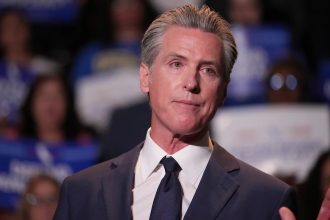When Gov. Josh Shapiro implemented automatic voter registration for Pennsylvanians renewing or obtaining a driver’s license or state photo ID in 2023, he contended it would help ensure free, fair and secure elections and save taxpayers money.
Then-former and future president Donald Trump complained it was “scam” and accused the Democratic Party of somehow attempting to steal the 2024 election.
Fellow Republicans joined Trump in his chorus of complaints about Shapiro’s unilateral move, which did not require the General Assembly’s approval.
More: Election 2025: Important dates, deadlines for registering to vote, mail-in ballots in Pa.
Just over a year ago, the conservative Pennsylvania Freedom Caucus asked Republican state Auditor Tim DeFoor to audit Department of Transportation records to assess whether the Department of State has been “maintaining an accurate voter registration database.” That audit, which DeFoor launched in September 2024, is ongoing.
But in the nearly two years since automatic voter registration took effect, Republicans have fared better than Democrats with the method, according to data supplied by the Department of State on its website.
Some 92,707 new voters registered with the GOP between Sept. 19, 2023, when the automatic registration process kicked in, through Sept. 1, compared to 87,926 Democrats.
The biggest victor, though, is no party at all — at least not one of the two major political parties.
More than 100,538 voters have chosen political independence or a minor third party through automatic voter registration in Pennsylvania, through Sept. 1.
In the two years before automatic voter registration took effect, it was Democrats, with 64,803 registrations, who led the way, followed by independents, with 62,743, and Republicans with 56,211.
Who’s benefitting, who’s not?
While Democrats supported Shapiro’s shift to automatic voter registration, some believe he didn’t go far enough.
The New Pennsylvania Project, a nonpartisan voter registration and voting rights organization, is pushing for automatic voter registration to be expanded beyond PennDOT driver license centers to state social service agencies that also offer clients the opportunity to register to vote.
Kadida Kenner, executive director of the New Pennsylvania Project, said those agencies serve populations with traditionally low percentages of registered voters.
“Right now it’s just an opt-out,” Kenner said. “It’s just folks hearing that you have an opportunity to opt-out if you don’t want to be automatically registered to vote. But this doesn’t impact the communities in particular that we center, because so many of the folks that we center — communities of color, immigrant communities, the youth — they’re not going to the DMV.”
Kenner and others propose an expansion of automatic voter registration as part of a push for a state voting rights act, legislation that would also allow same-day voter registration, early in-person machine voting and other protections.
The Shapiro administration did not respond to questions about the potential expansion of automatic voter registration.
Other uses for DOT registration data
In all, there were 281,171 new voters registered over the past two years at PennDOT centers. That’s about 100,000 more than the 183,757 who registered in the prior two-year period of Sept. 14, 2021 through Aug. 29, 2023.
It’s not just new voters who are growing as a result.
Automatic voter registration is also being used to update addresses and change party affiliation, according to Matt Heckel, press secretary for the Department of State. There were 581,506 instances of a voter registration being used to make such changes, compared to just 241,336 in the two years before the change.
Legal concerns
This issue alone, however, prompted the state Supreme Court to question whether a voter’s address could be changed based on a change made to their vehicle registration.
The court was ruling on a matter about provisional ballots cast in Luzerne County in the 2024 House primary. One of the provisional ballots that was in question in the case had been cast by a voter who had his vehicle registration changed to a Schuylkill County address of a home he owned and was planning to move to but not yet residing in. The voter knew to ask for a provisional ballot to vote in Luzerne County because he had not moved to his new address in Schuylkill County.
The court noted in its majority opinion that “any administrative decision by PennDOT or the Pennsylvania Department of State to transfer an elector’s voter registration without that person’s affirmative consent in conjunction with a PennDOT application to change a vehicle registration, as opposed to a driver’s license, is therefore of questionable validity, particularly where, as here, no party has identified a valid administrative regulation authorizing such action.”
‘Absense of any legislative directive’
Justice David Wecht issued a concurring opinion on the matter, indicating “it would be troubling if PennDOT has a practice of making such a transfer without statutory authorization, or even the voter’s consent.”
Such changes were being made, Wecht wrote, “in the absence of any legislative directive.”
The Shapiro administration noted at the time that a person’s address on their voter registration was not being automatically changed when they transferred their vehicle registration to a new address.
In a letter to Shapiro, 65 members of the House Republican Caucus called on the governor to halt automatic voter registration. They noted that the voter whose address was in question in the case knew to ask for a provisional ballot.
“How many other Pennsylvanians in the same situation know to do the same?” the group of Republicans asked in their Oct. 3, 2024, letter to Shapiro. “We fear many more instances like this are waiting to be discovered — likely at the polls on election day.”
The deadline to register to vote in the Nov. 4 municipal election is Oct. 20.
Matthew Rink is a USA TODAY Network Pennsylvania investigative journalist.
This article originally appeared on Erie Times-News: PA’s automatic voter registration favors one party more than another


